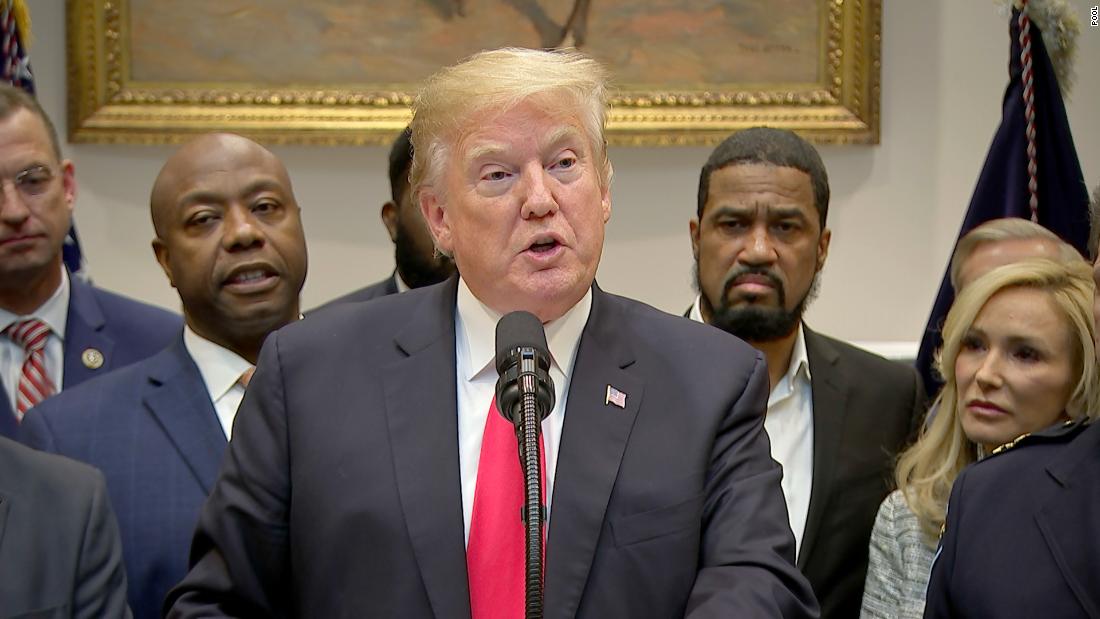OfTheCross
Veteran

Congress Chooses Klobuchar Version of Shipping Cartel Bill Over Stronger House Version
Rep. John Garamendi wanted a stronger crackdown but said the Senate version should nevertheless help ease pressure on global supply chains.
AS U.S. CONSUMERS struggle with soaring prices and supply shortages, the highly concentrated industry that delivers their goods from overseas is making extraordinary profits — an expected record-breaking $300 million in 2022, according to British market research firm Drewry. While an emboldened Federal Reserve is willing to risk a crushing recession to bring down prices — and Democrats have offered little resistance to interest rate hikes — Congress is turning to an alternative solution too little seen: passing and enacting legislation.
Next week, the House is set to hold a final vote on a popular bipartisan measure to ease pressure on the clogged global supply chains and seaports that are contributing to higher prices. The Ocean Shipping Reform Act will crack down on shipping companies currently exploiting their market power to raise fees, deny transport for exporters, and turn record profits in the process.
Neither piece of legislation goes all the way to overturn the antitrust immunity that has emboldened shipping companies, nor does either bring the hammer down on the consolidated agriculture industry that’s hoping to reduce its shipping costs. But Garamendi’s bill is stronger, and it has already overwhelmingly passed the chamber multiple times over the past year, both as a stand-alone and as an amendment to larger pieces of legislation. Klobuchar and Thune’s measure, a watered-down version that’s more tolerable for the shipping industry, passed the Senate unanimously in March. It was ultimately the latter measure that prevailed in reconciliation discussions and will arrive on the House floor next week.
The main distinction is that the House version outright forbids shipping companies from refusing to transport agricultural exports overseas, while the Senate version hands off regulatory decisions to the Federal Maritime Commission. Carriers have notoriously turned down farmers and producers, leaving American ports empty-handed in order to pick up more profitable Chinese products. The World Shipping Council, the industry’s primary trade group, has criticized both measures but posted on its website that the Senate version “provides regulators enough authority to get the final rules right.”
Garamendi said he doesn’t expect the Federal Maritime Commission to be lenient. “The Klobuchar bill gives the FMC the power and the authority and the responsibility to write those regulations, and also, in the debate of the bill — that is, the processing and the floor debate — it will be clear that the purpose is that there be a reciprocal trade program in place,” he said. “We take imports, and they take our exports.”
The measure’s advocates also have the support of Biden, who used his State of the Union address earlier this year to announce a “crackdown” on ocean carriers “overcharging American businesses and consumers.” In February, his administration facilitated an agreement between the Federal Maritime Commission and Justice Department to enforce legal protections against the shipping cartels.
 .
. 

